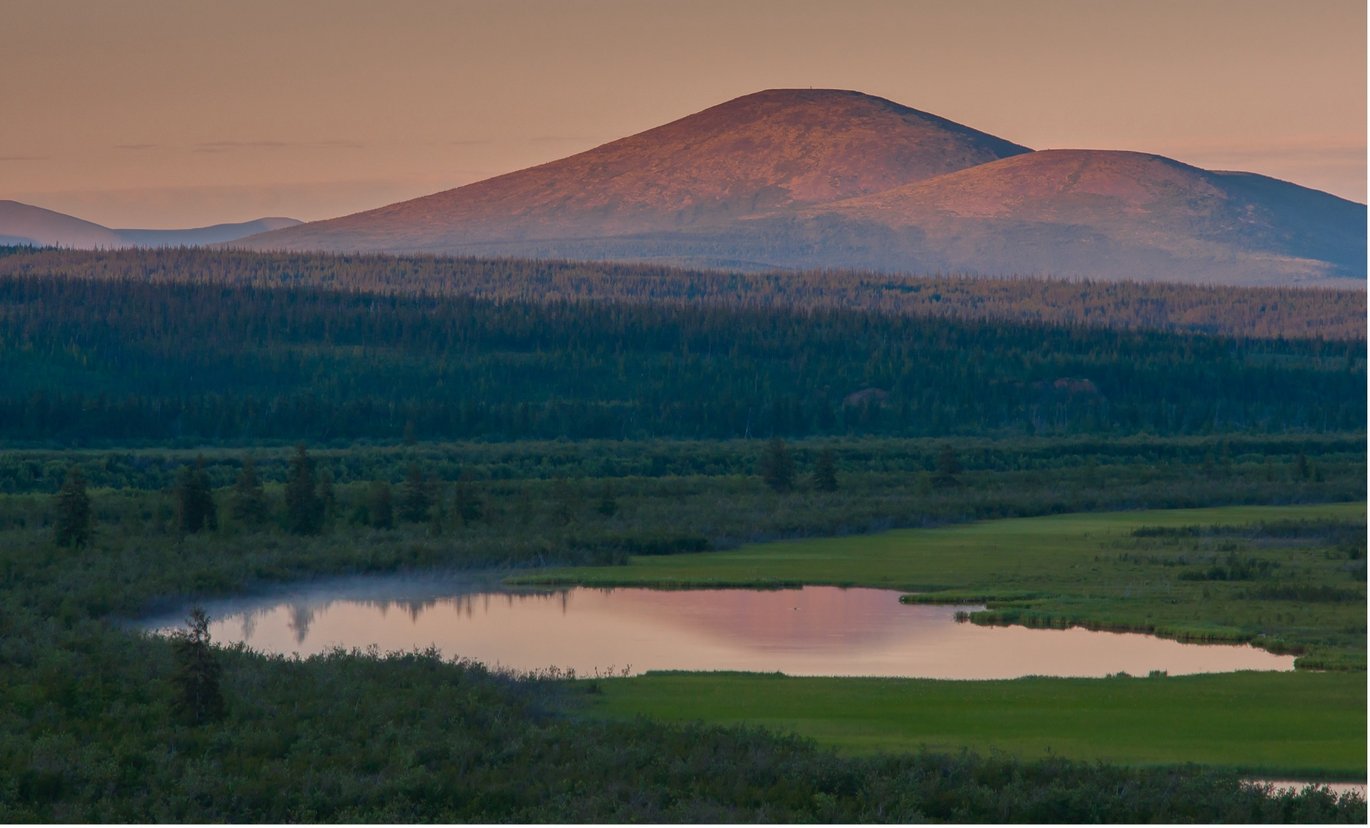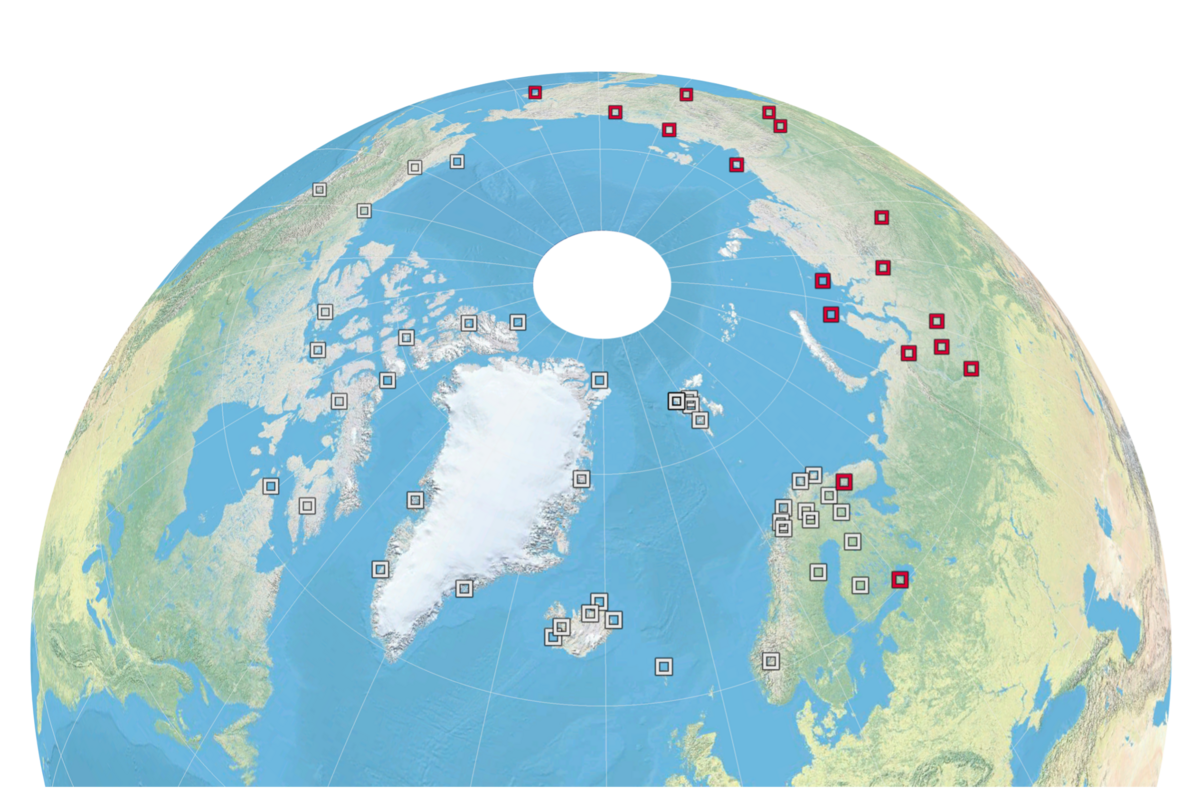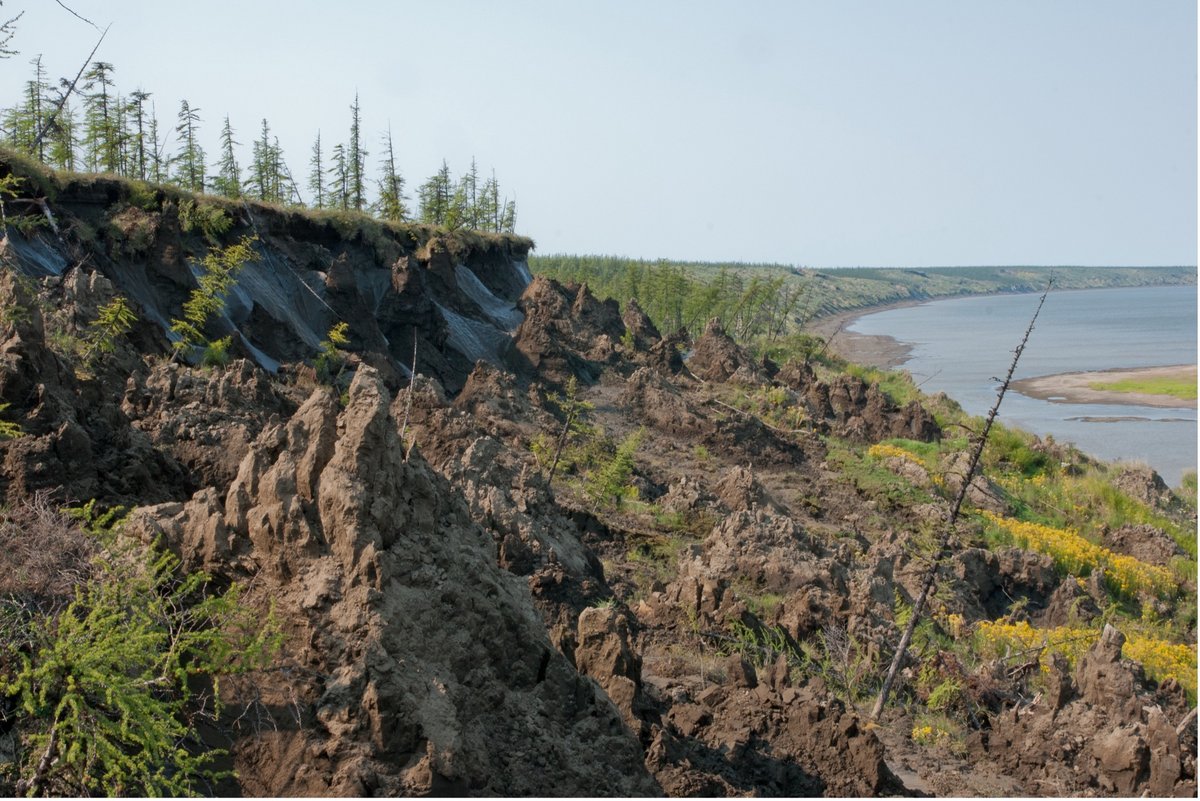The war in Ukraine severely limits our ability to track Arctic climate change
Scientists no longer have direct access to data from Russian Arctic research stations. Without this data, our view of climate changes in the region is increasingly biased, new research shows.

When Russia invaded Ukraine on February 24th 2022, the ties between Russian Scientists and their Western counterparts were suddenly cut.
Data that used to flow from Russian Arctic research stations and into the international scientific community stopped coming. And that is a problem because it severely limits our understanding of the rapid changes the Arctic is undergoing, a new study shows.
- Suddenly we don’t have access to data from half of the landmass in the Arctic region. Our study reveals that the exclusion of the Russian stations severely decreases our ability to track Arctic changes, says Dr. Efrén López-Blanco from Aarhus University.
Using Earth System Models López-Blanco and his colleagues have calculated how much the loss of the Russian research stations affect the biases between several essential ecosystem variables related to Arctic change. And not surprisingly, it makes a significant difference.
- Excluding Russian research stations and all the ground-based knowledge they may provide, represents a shift in baseline conditions that is of the same magnitude as the anticipated climate-induced shifts by the end of the century, he says.

Missing data from most of the boreal forests
Before the war, 21 Russian research stations shared their data with the international consortium INTERACT, which is a scientific collaboration between the eight Arctic countries.
Many of the Russian research stations are situated in boreal forests in Siberia. Areas that differ from Greenland, Svalbard and parts of Northern Canada where most of the other research stations are located.
- Half of the research stations in Russia are in the boreal zone. The boreal forest uptakes a substantial amount of carbon, carbon that is accumulated as biomass and soil organic carbon. Siberia is therefore an important part of the arctic climate system. Leaving most of them out, it further increases our bias, says Dr. Efrén López-Blanco.
His colleague and co-author of the paper agrees.
- This will hamper our ability to adequately describe Arctic change. For example, when excluding Russia from INTERACT, the vast taiga forest in Siberia is left out of the network, says professor Niels Martin Schmidt, Aarhus University.
In order to minimize the bias, López-Blanco suggests that we can improve current research infrastructure, but also identify and establish new research stations in northern Scandinavia and in Canada, for example.
- With the metrics we use in the study we could identify other locations with similar conditions to the ones we are currently missing in Russia. We could find places in Northern Canada or Scandinavia. But it costs a lot of money and is for the funding agencies, policymakers and decision planners to decide, he says.

Important in the battle against climate changes
The increasing bias in the data from the Arctic region is not only a problem that concerns that part of the world. It affects our understanding of global climate change, Efrén López-Blanco explains.
- The loss of Russian research stations could adversely affect the capacity to track global ecological responses to climate change including permafrost degradation, vegetation shifts, and carbon emissions.
He fears that the bias may affect the solutions we employ to stop global climate change.
- Our ability to track and detect climate changes has deteriorated because of the war. It’s important that we are aware of that when we try to solve or mitigate the effects of climate change around the world, he says.
About the study
Type of research:
Statistical modeling
External funding:
The study has been funded and supported by the European Union’s HORIZON2020 Research and Innovation programme.
Conflicts of interest:
The authors declare no competing interests.
Link to the research paper:
Towards an increasingly biased view on Arctic change
Contact info:
Efrén López-Blanco
Researcher
Department of Ecoscience, Arctic Research Centre, Aarhus University, Denmark.
E-mail: elb@ecos.au.dk
Cell: +45 52 73 79 00
Niels Martin Schmidt
Professor
Department of Ecoscience, Arctic Research Centre, Aarhus University, Denmark.
E-mail: nms@ecos.au.dk
Cell: +45 41 91 56 64
Jeppe Kyhne Knudsen
Journalist and science communicator
Email: jkk@au.dk
Cell: +45 93 50 81 48
